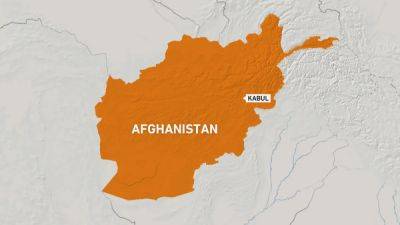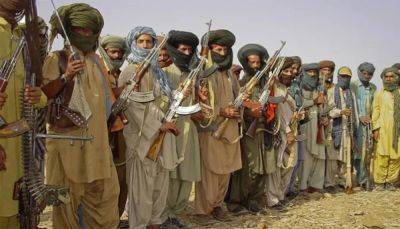Why Pakistan and Afghan Taliban need to keep talking
September 3, 2024
ISLAMABAD – Despite Kabul’s apparent ambivalence towards Islamabad’s calls for decisive action against TTP, diplomats feel channels of dialogue should remain open.
Now in its fourth year, the Taliban regime in neighbouring Afghanistan has managed to convince many observers that they have made strides in bringing a semblance of order and ending corruption in the war-ravaged country.
But even as Kabul extends its diplomatic presence to countries such as the UAE, its relationship with neighbouring Islamabad remains tenuous, coloured by distrust and a desire for enhanced Taliban action against groups operating against Pakistan.
In recent weeks, statements coming from the Foreign Office, PM Shehbaz Sharif and even Chief of Army Staff Gen Asim Munir have become increasingly forceful in their tenor, calling on Afghan authorities to “take effective and robust action against the terrorist groups”.
For their part, the Afghan Taliban have not heeded repeated calls to take action against the group’s hideouts in Afghanistan, trivialising the issue by insisting that groups such as the outlawed Tehreek-i-Taliban Pakistan (TTP) are Islamabad’s problem.
What they have repeatedly offered is mediation between Islamabad and such groups, something that Pakistan has tried with limited success in the past, and has now seems to have abandoned it as a serious option altogether.
Last month, FO Spokesperson Mumtaz Zahra Baloch spurned an offer – made by Taliban spokesman Zabihullah Mujahid, who had suggested in a recent interview that the Taliban administration could facilitate negotiations between Pakistan and the TTP – saying that it would be an affront to the thousands who had been at the receiving end of the group’s







